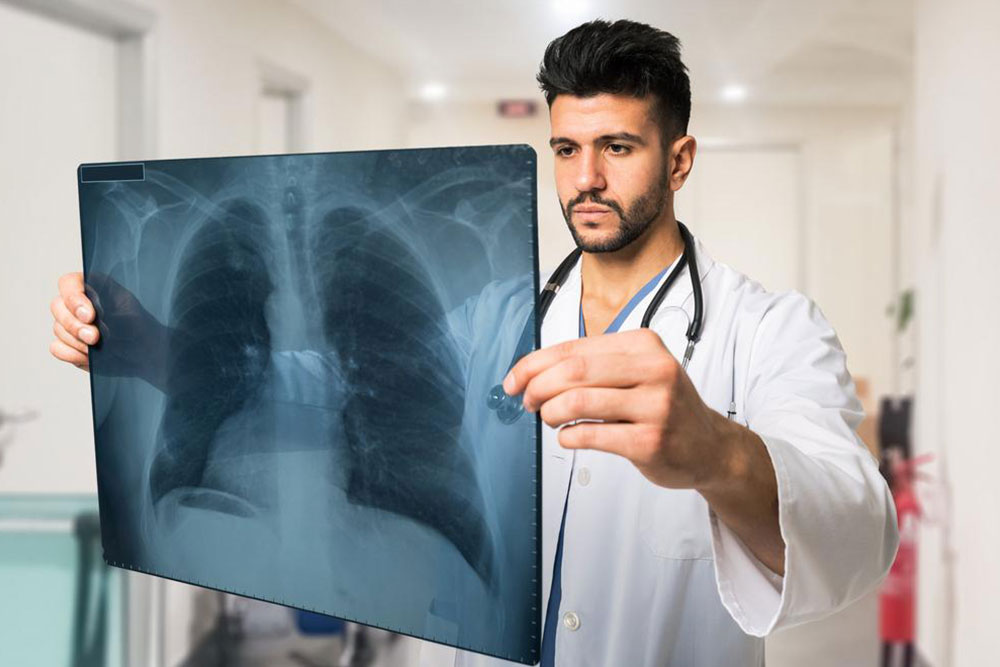3 common types of lung cancer you ought to know about
The lungs are our lifeline, and this is because air travels through our nose and passes through our lungs and keeps us alive. Cancer is referred to those healthy cells which go “rogue” i.e. normal cells mutate, change and grow out of control. When this happens in the lungs, this growth eventually leads to a mass of cells that take the form of a malignant tumor.
Here are the various types of lung cancer.

- Non -Small Cell Lung Cancer (NSCLC): This is the most usual form of lung cancer that is seen in most cases. Typically, this cancer starts and grows gradually. Some of the types under this category are:
- Adenocarcinoma: Typically seen in the lining of the lungs and has gland-like properties. 30% of the lung cancer that is reported is of this type.
- Squamous Cell Carcinoma: These are typically found in the flat cells present in the passages of the respiratory tract.
- Large Cell Carcinoma: Making up about 9 % of lung cancer cases, this is one of the fastest growing lung cancer types. The features are like the above two categories making it very difficult to distinguish between them.
- Small Cell Lung Cancer: This type of cancer is characterized by its ability to spread very quickly to other parts of the body. It is a neuroendocrine tumor that has cells that are much smaller as compared to NSCLC. Some forms of cancer, however, contain both smaller and larger cells categorizing them as both NSCLC and SCLC. Upon investigation, SCLC is classified as extensive or limited depending on how far it has spread.
- Mesothelioma: This type of cancer is strongly associated with exposure to asbestos, and it can be primary cancer or secondary. Primary cancer originates in the lungs, and secondary cancer originates elsewhere in the body and affects the lungs as well. Both require the same treatment procedures.
There are others types of lung cancer such as the carcinoid tumors which originate in the small intestine but spread to the lungs as well. Lung cancer can be effectively treated if diagnosed early on.
Disclaimer:
The content of the articles discussing symptoms, treatments, health conditions, and side effects is solely intended for informational purposes. It is imperative that readers do not interpret the information provided on the website as professional advice. Readers are requested to use their discretion and refrain from treating the suggestions or opinions provided by the writers and editors as medical advice. It is important to seek the help of licensed and expert healthcare professionals when necessary.




